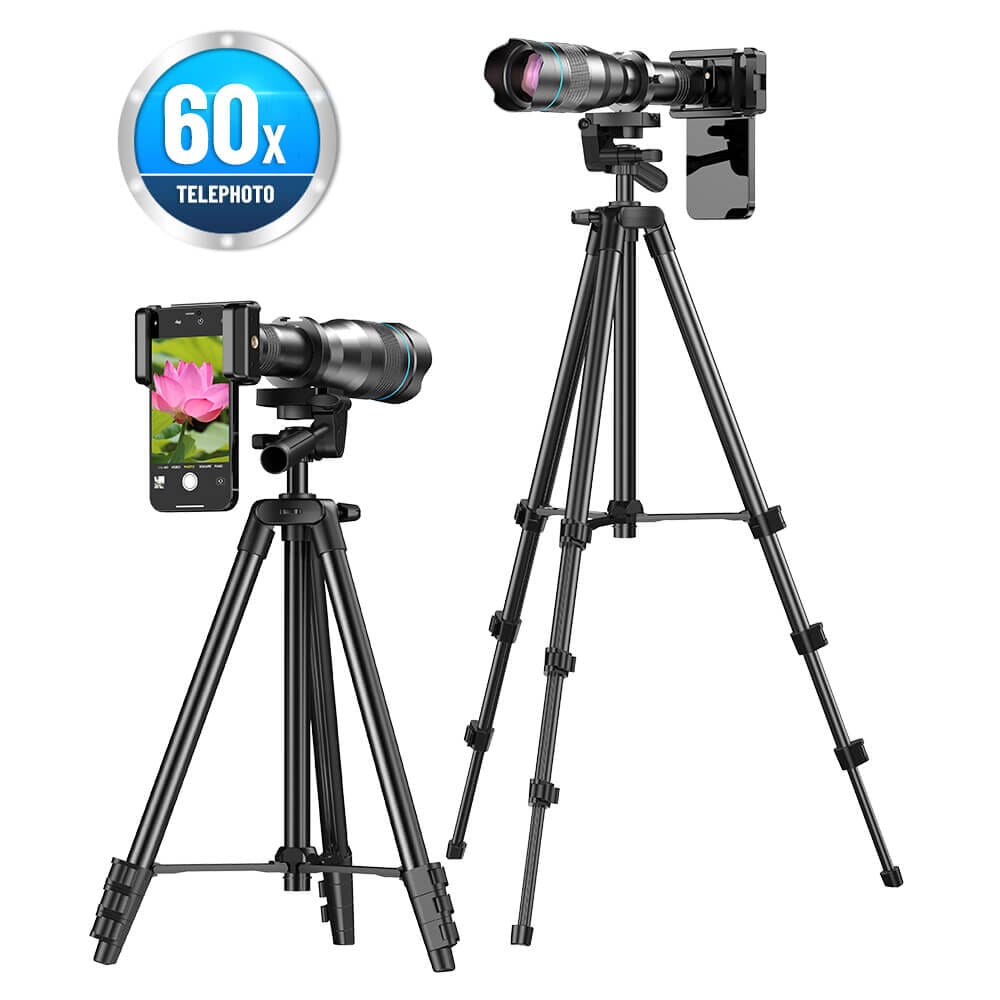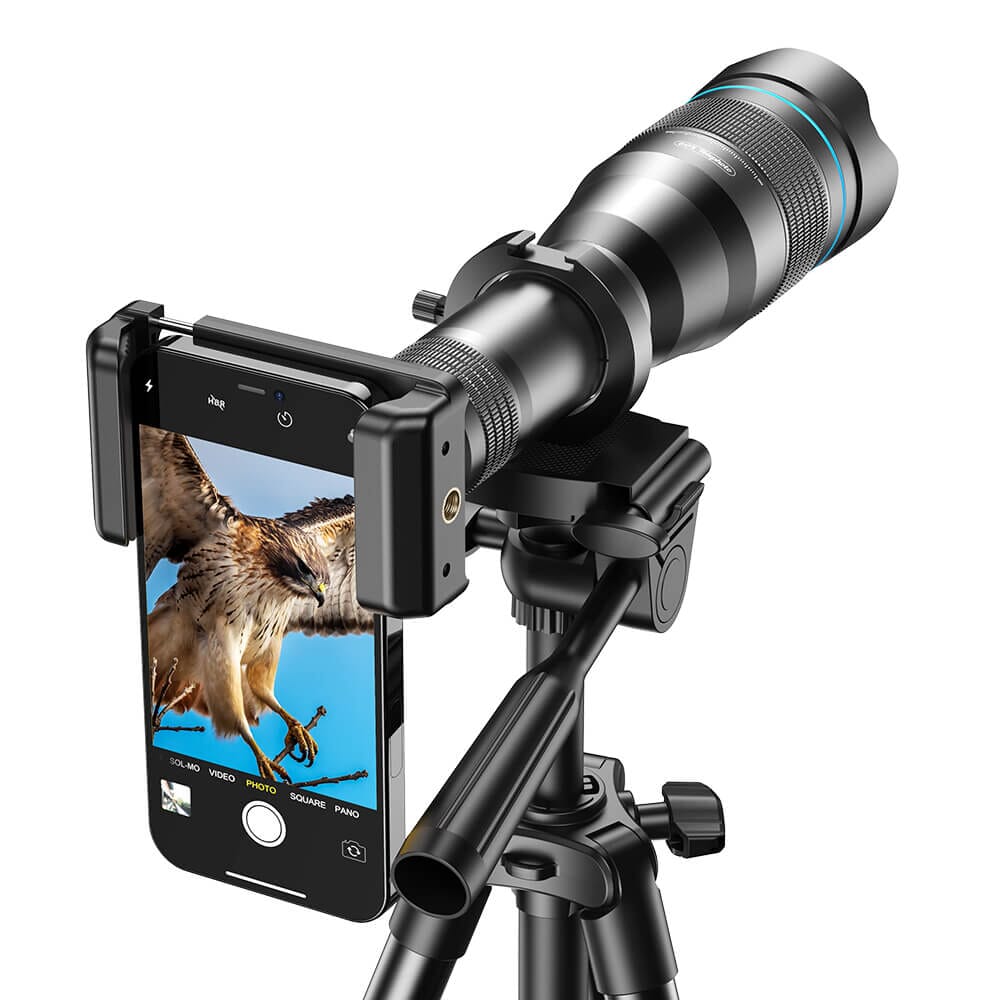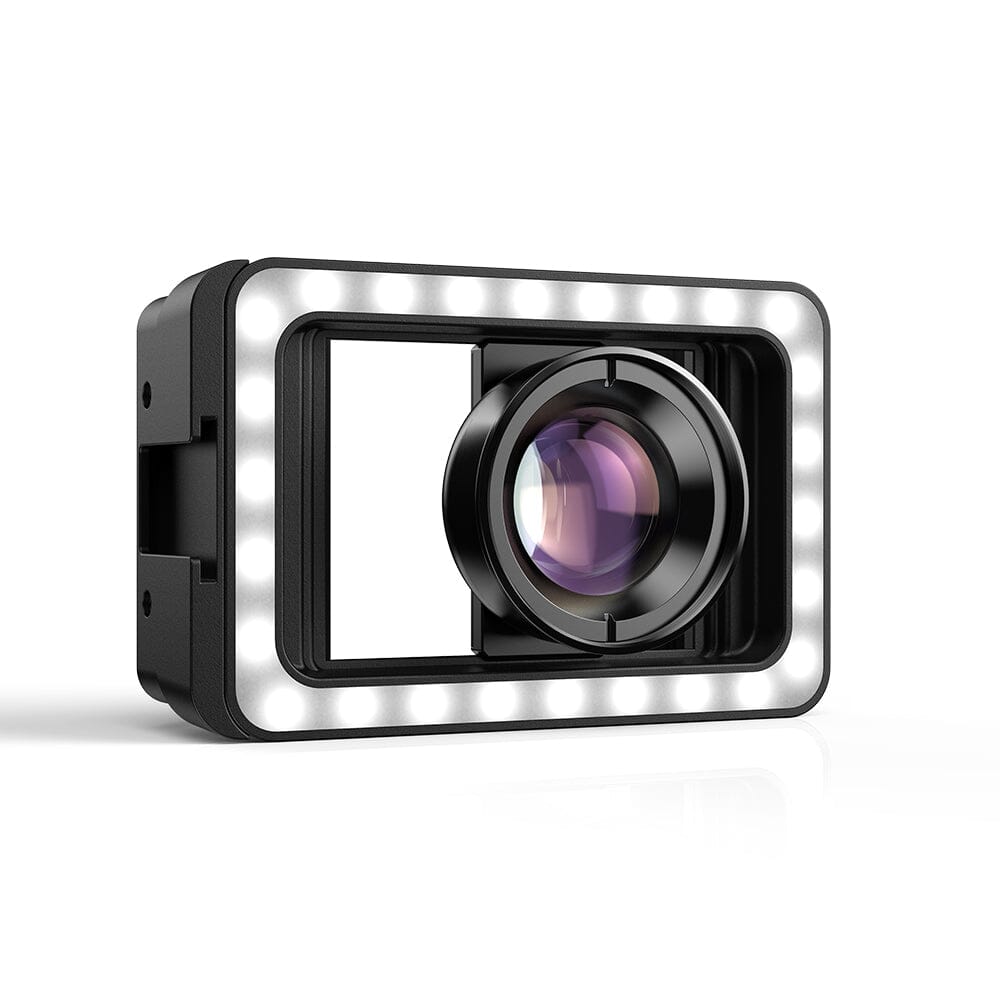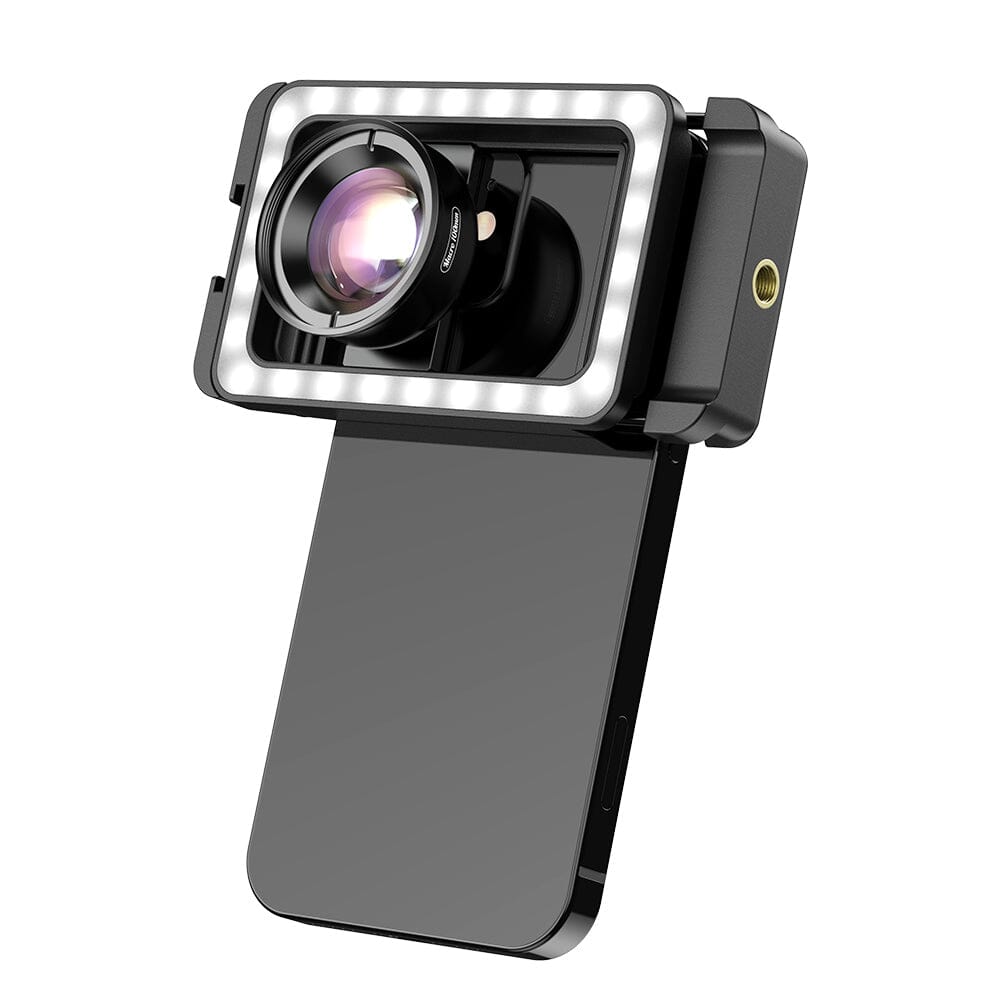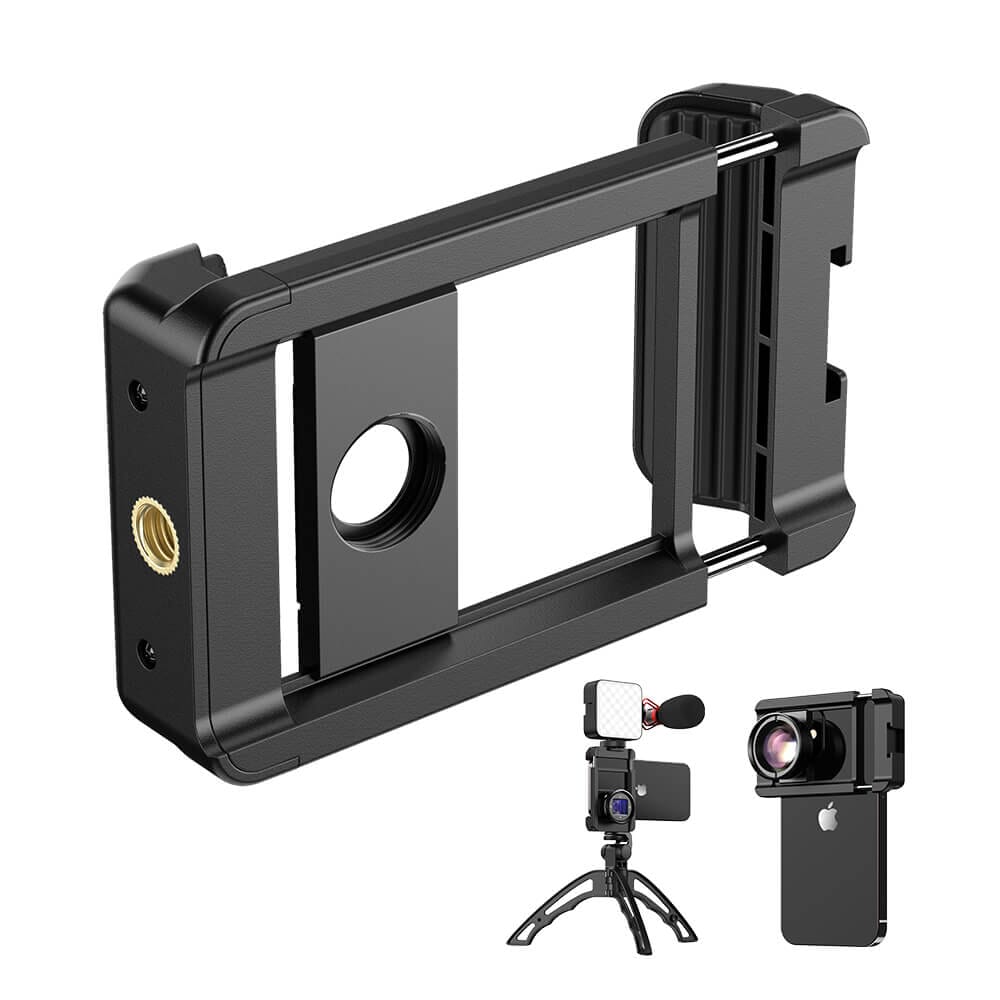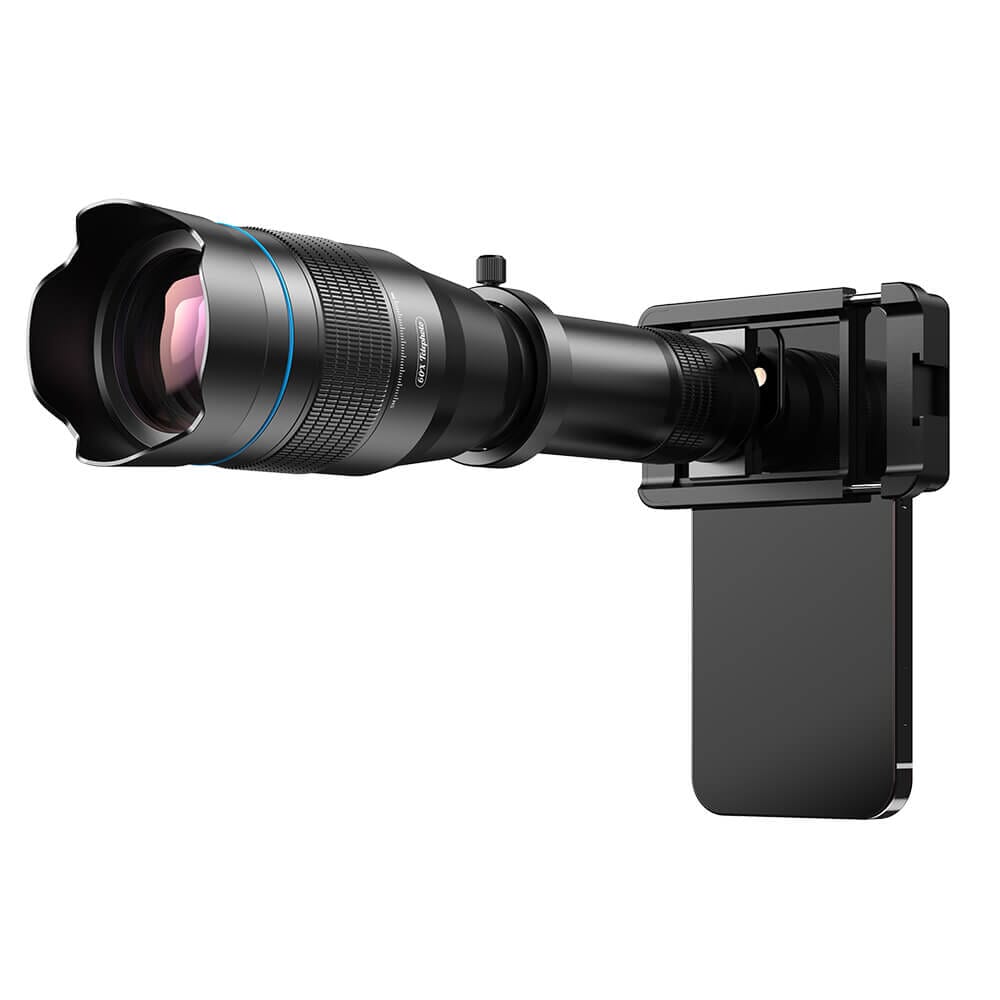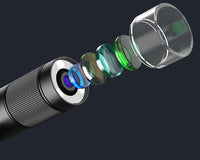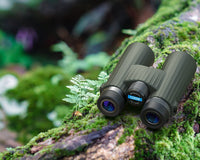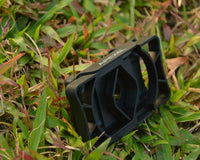A lens is a component of an optical device such as a photographic or video camera that focuses or scatters light to form an image or video. Lenses typically consist of multiple lenses that change the path and focal length of light to create a sharp image on a camera or camcorder's sensitive elements, such as film or sensors.
The importance of the lens is that it can affect the outcome of photography or shooting. Different lenses can produce different effects, for example wide-angle lenses can capture a wider scene, while telephoto lenses can capture objects farther away. In addition, the lens can also affect the color, contrast, sharpness and distortion of the image.

The lens is one of the most critical tools in photography. It not only determines the field of view and composition of the picture, but also affects the quality and style of the photograph. Here are eight uses of the lens in photography:
Field control: Different focal lengths of lenses can present different field of view, from wide Angle to telephoto can present different field of view.
Focal length selection: Different focal lengths are suitable for different shooting scenes. For example, long focal length is suitable for shooting distant subjects, while wide Angle is suitable for shooting broad scenes.
Aperture control: The size of the aperture determines the depth of field of the photo. A large aperture can blur the background and highlight the subject, while a small aperture can make the whole picture clear.
Color restoration: Quality lenses can better restore the true colors of the scene, making the photo more realistic.
Image resolution: A lens with high resolution can produce a clearer and more delicate picture, making the photo more realistic.
Contrast: Contrast refers to the contrast between light and dark parts of the image. High-quality lenses can present better contrast and make the picture more vivid.
Lens distortion: Different lenses will produce different distortions, such as barrel distortion, pillow distortion, etc., which will affect the accuracy and authenticity of the photo.
Special effects: Some special lenses, such as fisheye lenses, shift-axis lenses, etc., can produce special effects and create a unique style of photography.

The advantages of using a lens for photography include:
Flexible focal length: The focal length of the lens can be adjusted as needed, allowing you to shoot long or close subjects, or wide or telephoto subjects.
Large aperture: Some lenses have a large aperture, which means they can be used in low light conditions to provide better low-light photos.
High quality: Compared to portable digital camera lenses, professional photography lenses are of higher quality and can provide sharper, more detailed photos.
Replaceable: Different types of lenses can be adapted to different scenes and needs, so photographers can change different lenses as often as necessary.
However, there are some disadvantages to using a lens for photography:
High Cost: Professional lenses are usually expensive and require a considerable investment by the photographer to purchase and maintain.
Heavy weight: Compared to the lenses of portable digital cameras, professional photography lenses are usually larger and heavier, requiring more effort and support from the photographer while shooting.
Technique required: Using a lens for photography requires a certain amount of skill and experience on the part of the photographer to be able to use the lens to its full potential, otherwise it may result in poor results.
Inconvenient to carry: Camera bags carrying lenses need to be larger due to the size and weight of the lenses, and photographers need to consider the ease of carrying when traveling or shooting outdoors.
Choosing the right lens is crucial when photographing or shooting video. You need to consider factors such as the subject, environment and shooting style to choose the right shot. In addition, different brands and models of lenses will vary, so it is necessary to have some knowledge of the specifications and performance of the lens to choose the best one for your needs.


